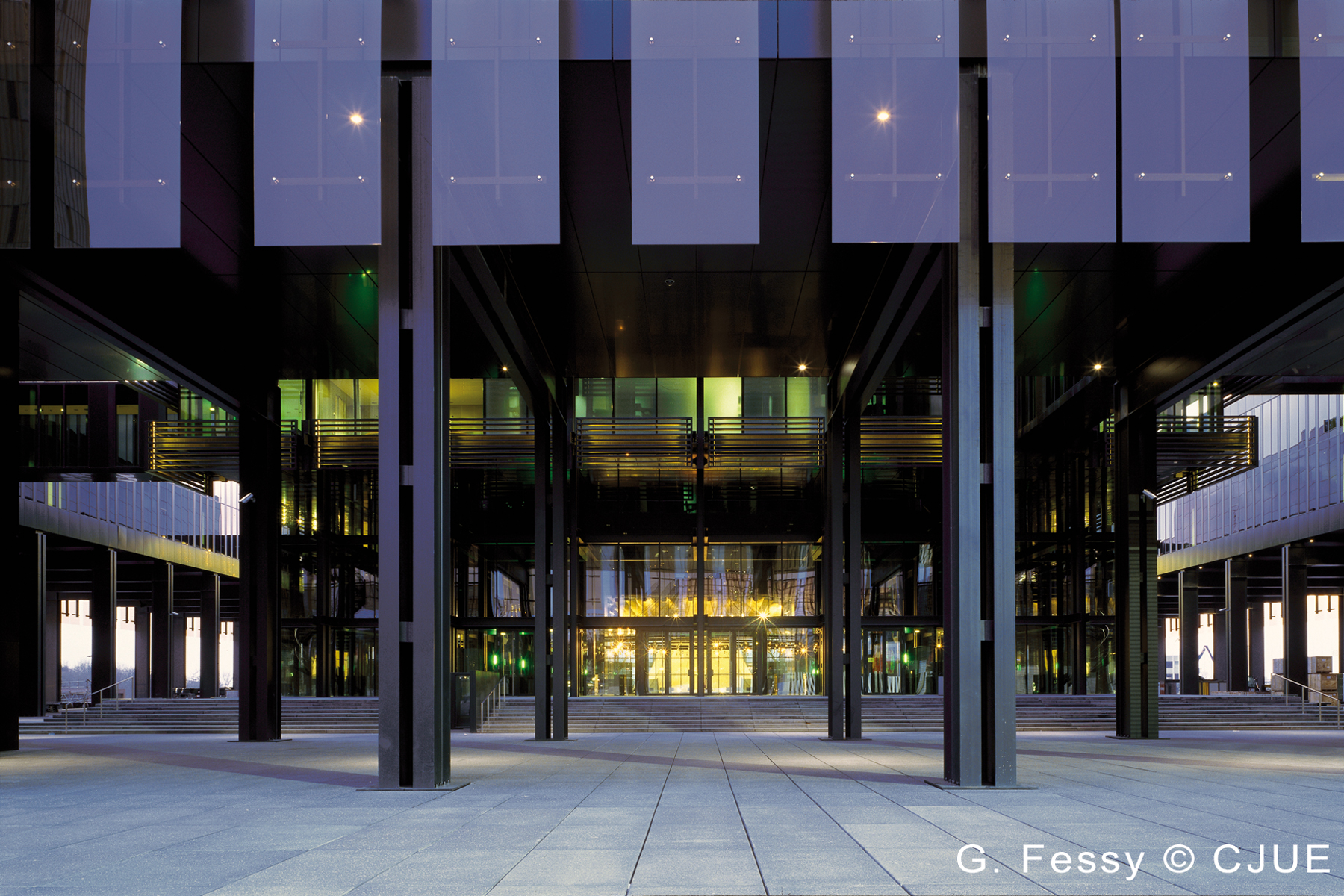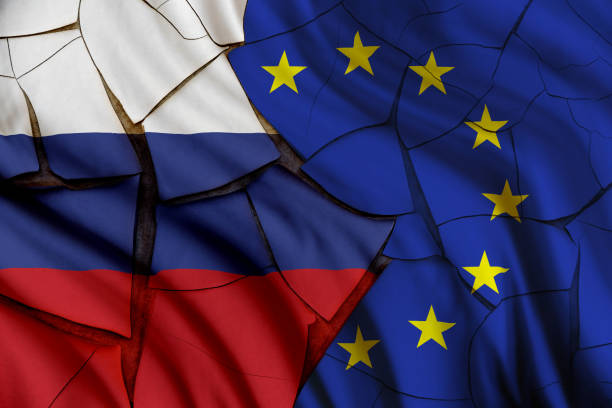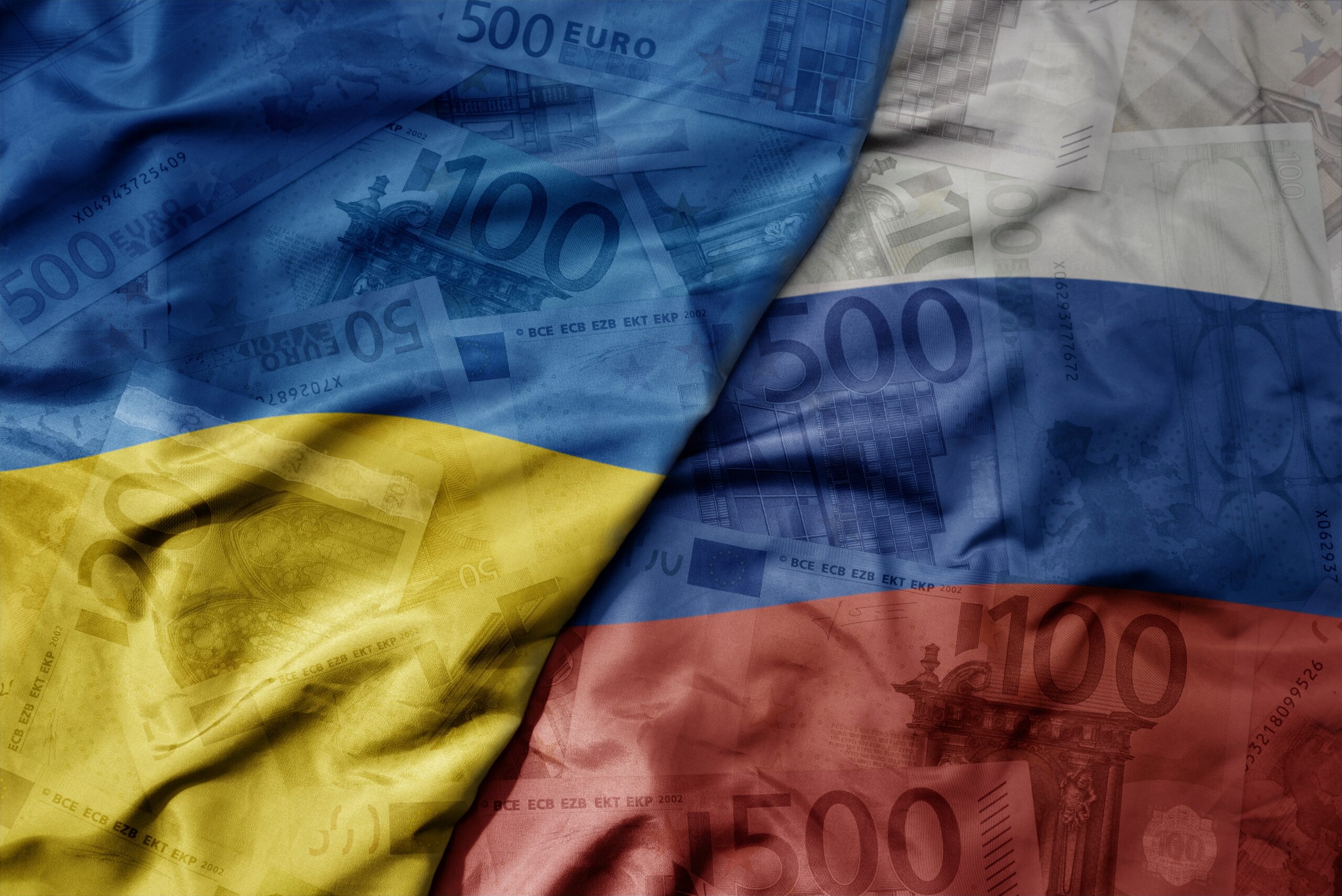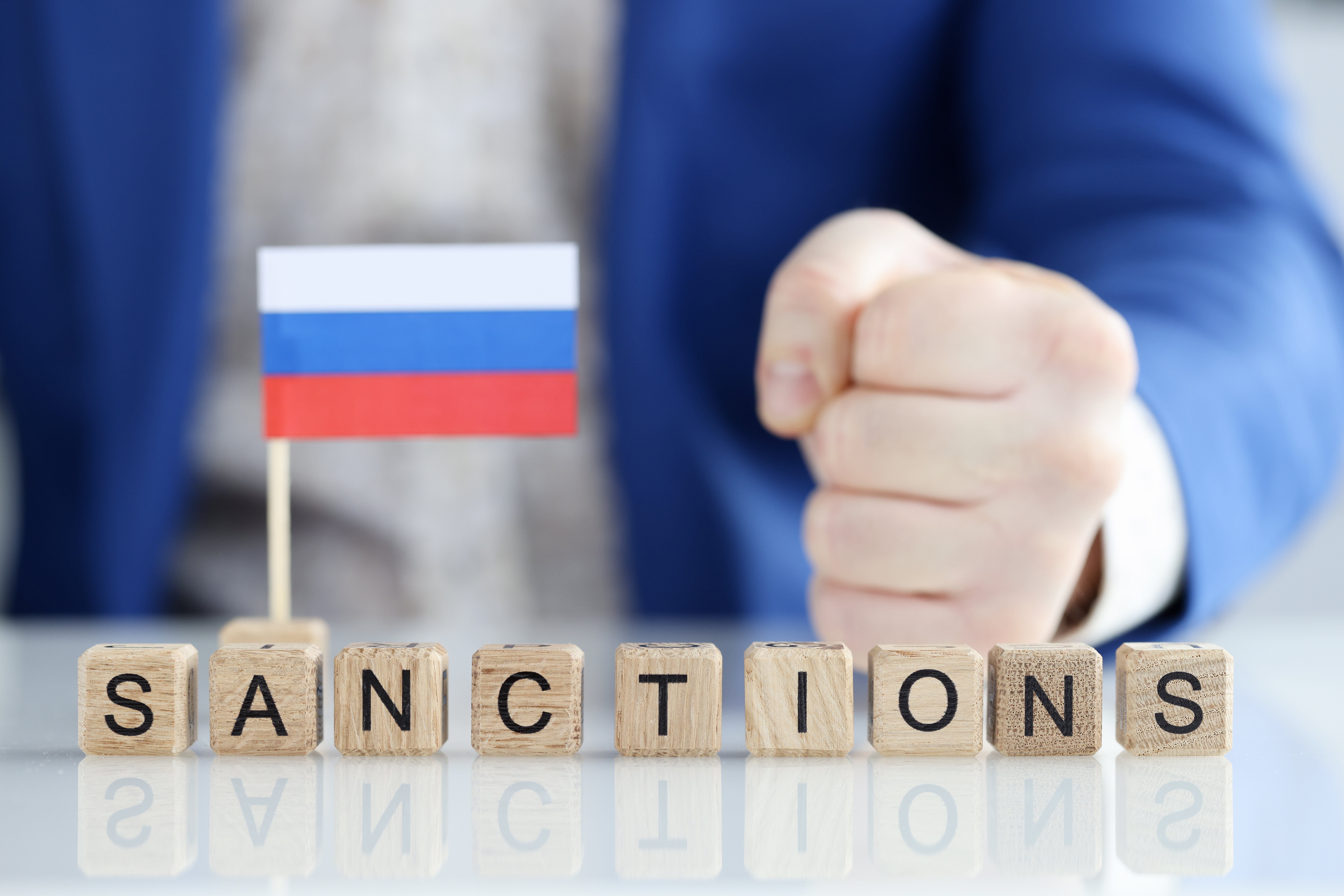The General Court of the European Union has upheld the legality of the EU Council’s restrictive measures prohibiting the provision of legal advisory services to the Russian Government and Russian-based entities in response to Russia’s ongoing aggression against Ukraine. This decision reaffirms the EU’s commitment to maintaining pressure on Russia while balancing the fundamental rights guaranteed under European law.
The legal challenge, brought forward by several Belgian and French Bar associations and individual lawyers, including the Ordre néerlandais des avocats du barreau de Bruxelles and Ordre des avocats à la cour de Paris and one of its members, sought to annul the EU’s prohibition on legal advisory services. The plaintiffs argued that the prohibition infringes upon fundamental rights, including the right to legal advice, professional secrecy, and the independence of lawyers.
The General Court ruled that the prohibition does not violate the fundamental right to legal advice. The right to effective judicial protection, enshrined in the Charter of Fundamental Rights of the European Union, remains intact. The prohibition applies exclusively to legal advisory services unrelated to judicial, administrative, or arbitral proceedings. As such, legal advice provided for litigation remains unaffected.
The prohibition specifically targets legal advisory services to the Russian Government and entities established in Russia, with no connection to legal proceedings. Importantly, legal services offered to individuals, as well as services tied to judicial matters, remain outside the scope of the restrictions.
The Court acknowledged that while the prohibition may limit the role of lawyers in certain contexts, such restrictions are justified by the EU’s broader objectives of general interest, particularly in response to the Ukraine war. The measures are proportionate and do not unduly impair the essential function of lawyers in upholding the rule of law.
The General Court emphasised that the prohibition does not interfere with the professional secrecy or independence of lawyers, as these elements are preserved in contexts where legal services are linked to judicial proceedings.
The Court noted that the derogations and exceptions to the prohibition are designed to ensure compliance with the Charter of Fundamental Rights. Member States are responsible for ensuring that the exemption procedures respect these rights.
The ruling underscores the importance of understanding the distinction between legal advisory services that are connected to judicial proceedings and those that are not. For lawyers and legal firms operating within the EU, this means that providing non-litigation-related legal advice to Russian entities remains prohibited, whereas representation in court or arbitration for such entities remains permissible.
While the General Court has confirmed the validity of these restrictive measures, lawyers must remain vigilant in ensuring compliance with EU sanctions, especially when engaging with clients potentially linked to sanctioned entities or jurisdictions.
It is noted that the plaintiffs have the option to appeal this decision on points of law before the Court of Justice of the European Union.
For further information or guidance on how this prohibition may impact your business, please contact us at info@compliancemk.com.




